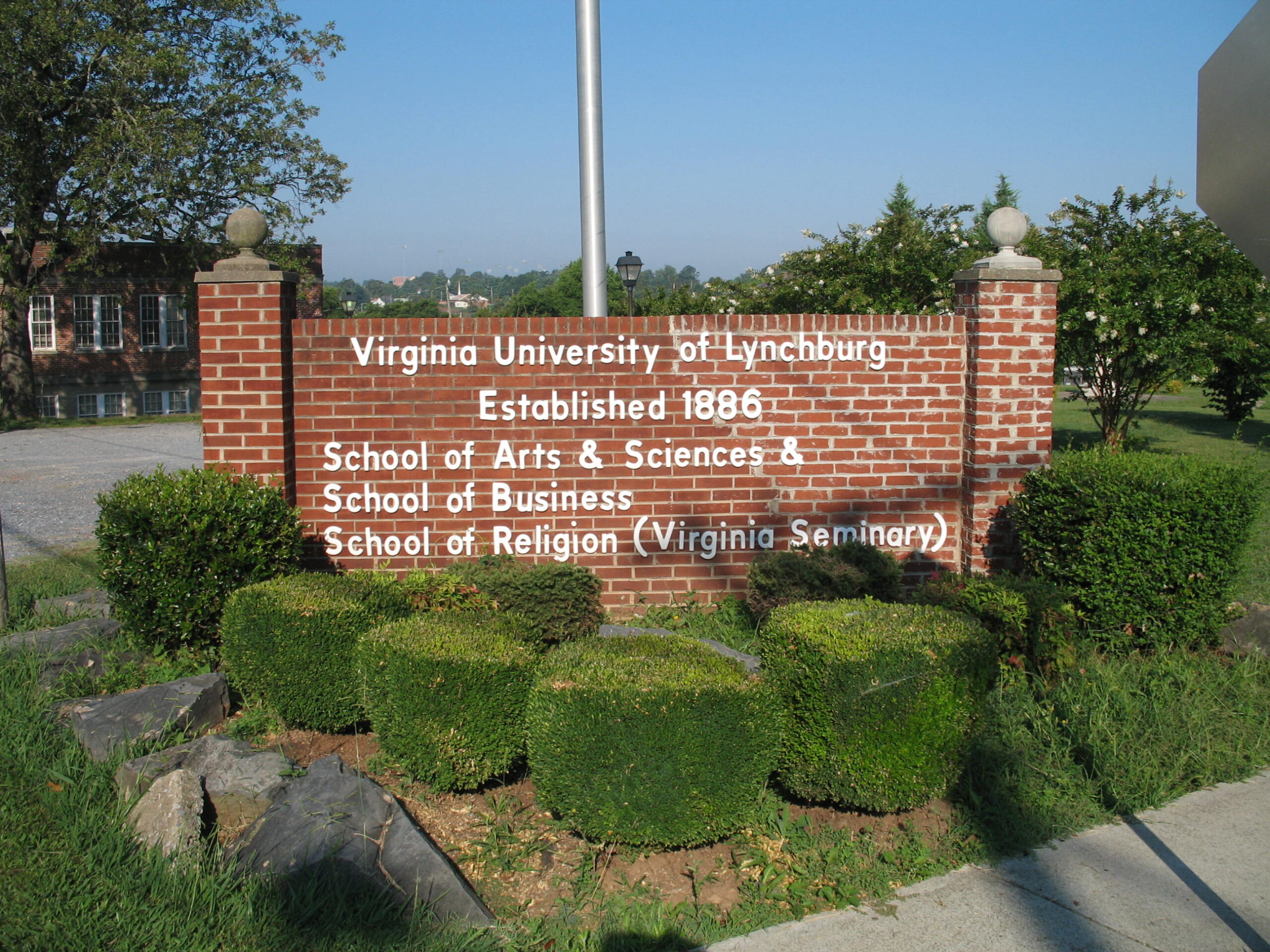Another HBCU is facing the possibility of losing its accreditation after a report from the Transnational Association of Christian Colleges and Schools (TRACS) released at the end of May. Virginia University of Lynchburg (VUL) is sanctioned under probation and is at risk of losing its accreditation for the academic year. The TRACS board voted to make this decision in April.

Image via: Dhrvirginia.gov: Virginia University of Lynchburg.
According to TRACS, this decision was based on “the determination that the institution’s non-compliance with the Accreditation Standards. This determination reflects a level of non-compliance which must be corrected by the institution and requires the imposition of a Sanction by the Accreditation Commission.”
The standards violated TRACS Standards 11.2 (Financial Operations) and 17.12 (Title IV Participation), were violated, and this questions the institution’s ability to fulfill its mission and provide a quality educational experience. To appeal this probation VUL is required to submit its audit from a year prior and provide a plan for operating under restricted cash flow conditions for the next academic year. These reports must be submitted to TRACS by September 1, 2024, to be considered by the Accreditation Commission at their next meeting coming this October.
If plans are not made to correct their mistakes in alignment with TRACS and federal guidelines the university could receive an extension on their probation sentence. According to the Higher Learning Commission in order to receive such an extension four areas of criteria must be met which include, “clear evidence of substantial progress towards meeting the Criteria for Accreditation, verifiable plans to cure the remaining areas of non-compliance or any other areas of non-compliance, sufficient capacity and resources in place to cure the identified areas, and the likelihood that the institution will be able to demonstrate compliance with all the Criteria for Accreditation.”
VUL is a private historically black Christian university in Lynchburg, Virginia. One of the five HBCUs located in this state. According to the Southern Association of Colleges and Schools Commission on Colleges (SACSCOC) this past December it was decided that Virginia Union University (VUU) “is accredited by the Southern Association of Colleges and Schools Commission on Colleges; however, the institution was continued in accreditation for Good Cause and placed on probation.” After being monitored for a “maximum period” of two years the university is on probation due to “determined that the institution failed to demonstrate compliance with the Principles of Accreditation, namely, Core Requirement 4.1 (Governing board characteristics), Core Requirement 13.2 (Financial documents), Standard 13.3 (Financial responsibility), Standard 13.4 (Control of finances), and Standard 13.6 (Federal and state responsibilities).” They also have until the end of 2024 to prove that their accreditation should remain in good standing.

Image via: VUU.edu : Virginia Union University’s campus.
Many HBCUs require funding from the federal government as a majority of students rely on financial aid. When standards of funding are not complied with it immediately waves the red flag for the sanction and probation process to begin. According to HBCU Gameday, the main cause of the recent loss of accreditation concerning St. Augustine University was due to “a lack of institutional control of finances.” The document SACSCOC provided listed several financial requirements that were missed.
Reports from Higher Ed Drive claim that “accredited colleges that spend more than 50% of their operating budgets, which come primarily from federal student aid dollars, on aggressive marketing and recruitment instead of teaching and learning.” Students who attend these institutions are usually single parents, students of color and military veterans. This raises an issue because these demographics deserve the same level of academic quality and instruction as students who may attend “Ivy League” institutions or PWIs. Also mentioning that “Congress and the U.S. The Department of Education must raise the bar for accreditors to better protect students, their families and the American taxpayer.”

Image via: Spectrum News: Saint Augustine University Campus.
It is suggested that a change must be made concerning accreditation guidelines and stricter enforcements must be made to protect students and to raise the bar with institutions who are relying on such federal aid. Sources say that the issue stems from probation sanctions and that “Rather than denying accreditation and helping students transfer to higher-performing colleges, they give an institution’s administrators more time to try to turn the ship around. For some colleges, this has gone on for more than a decade.”
This can cause a greater issue in the long run because some institutions will use the extension of probation to not make enough significant changes. Henceforth why VUU is still on a monitoring period even though its accreditation has been approved. At HBCUs where other issues such as housing, infrastructure, or inadequate professors, are constantly at large it raises the question of where are the funds going and what does the accreditation process looks like for each university. Could extensions on probation instead of stricter enforcement be hindering the quality of experience and education that students get?
HBCUs can suffer dramatically from sanctions of probation, and the ultimate loss of accreditation. If a university is not accredited they will not receive any sort of federal funding, which leaves students having to pay out of pocket completely or receive monetary solutions from other sources, which is usually not an option for most. It is reported by BestColleges.org that over 85.4% of students were awarded with financial aid in the 2021-2022 academic year and relied on that aid to complete their degree.
With a loss of federal funding HBCUs could face several other issues with infrastructure advancements, resources for students, and athletics. Dramatically enough HBCUs could face closure if accreditation is stripped away along with federal funding.
As VUL works towards having their sanction of probation removed, it is pivotal for students to understand the effects of accreditation has on their University as a whole and their individual degree programs as well. Most universities have academic accreditation criteria as well for each department. In a world where HBCU degrees are downplayed it is important to ensure that the Department of Education’s standards are being met along with the standards set in other boards pertaining to particular university divisions such as TRACS and SACSCOC.




